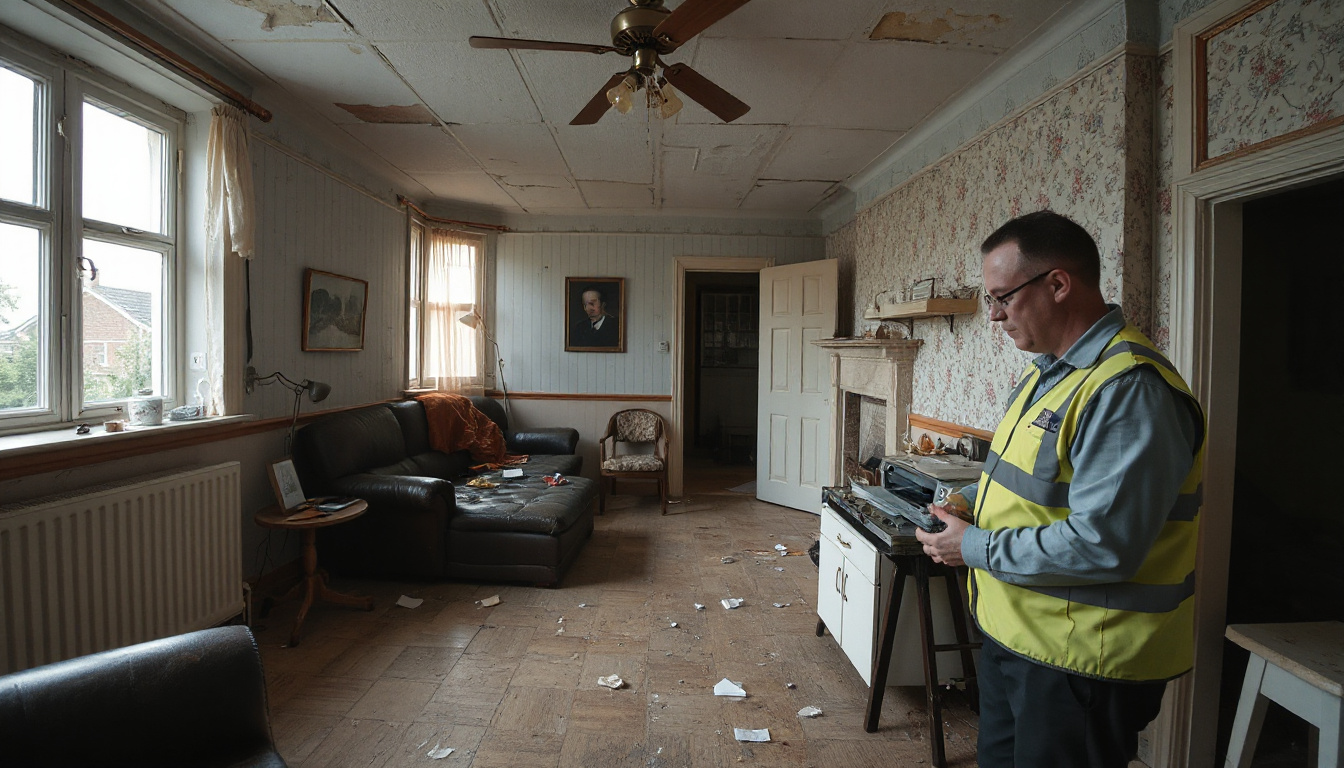Landlord Fined After 15-Room HMO Conversion in Egham
A landlord in Egham, Surrey, has been hit with a £12,000 fine. Meenu Jetwani, also called Mona, changed a small three-bedroom bungalow into a 15-room house in multiple occupation. She now faces ten charges. The change put tenants at great risk.
Shocking Living Conditions Found
At Staines Magistrates’ Court, Jetwani admitted the errors seen by Runnymede Borough Council. The council looked into the property on St Pauls Road after people spoke up. Inspectors saw many faults. They found mold in the bathroom and few working smoke alarms. Rooms in the loft and eaves were reached only by crawling. One small kitchen and two bathrooms served all 15 rooms. Tenants slept on camp beds.
• Rents were set between £85 and £125 per week.
• None of the rooms met the required legal size.
• Garden areas held piles of debris and rubbish.
Council’s Strong Response
Runnymede Borough Council called the bungalow state "appalling". They said Jetwani acted as if she used vulnerable tenants to make easy money. The council must use a warrant to see the property. During this step, Jetwani and her brother put up a fight; they even made threats with a baby in the mix.
Rules for Houses in Multiple Occupation
Many people now wish to buy property. For new landlords, rules about houses in multiple occupation are clear. In Surrey and across the UK, landlords must follow strict safety laws. Changing a property into an HMO means getting planning permission and keeping safety standards high.
Lessons for Investors
This case serves as a strong warning for investors in HMOs. Breaking the rules endangers tenants and brings heavy fines and legal costs. To run an HMO well, landlords must check the property often, keep tenants safe, and follow local rules. Key points for investors include:
- Check local license rules for HMOs.
- Test the property for fire and hygiene laws.
- Keep an eye on tenant living space.
- Talk with local officials to stay on good terms with the area.
Conclusion
Jetwani’s case sends a clear signal to landlords and investors. Tenant safety must be kept high and the law must be followed. Ignoring these duties leads to fines, legal issues, and harm to tenants.
For more details, refer to these links:
Staying alert to rules helps protect both landlords and tenants, and keeps homes safe and sound.
Disclaimer: This article has been generated by AI based on the latest news from Google News sources. While we strive for accuracy, we recommend verifying key details from official reports.




